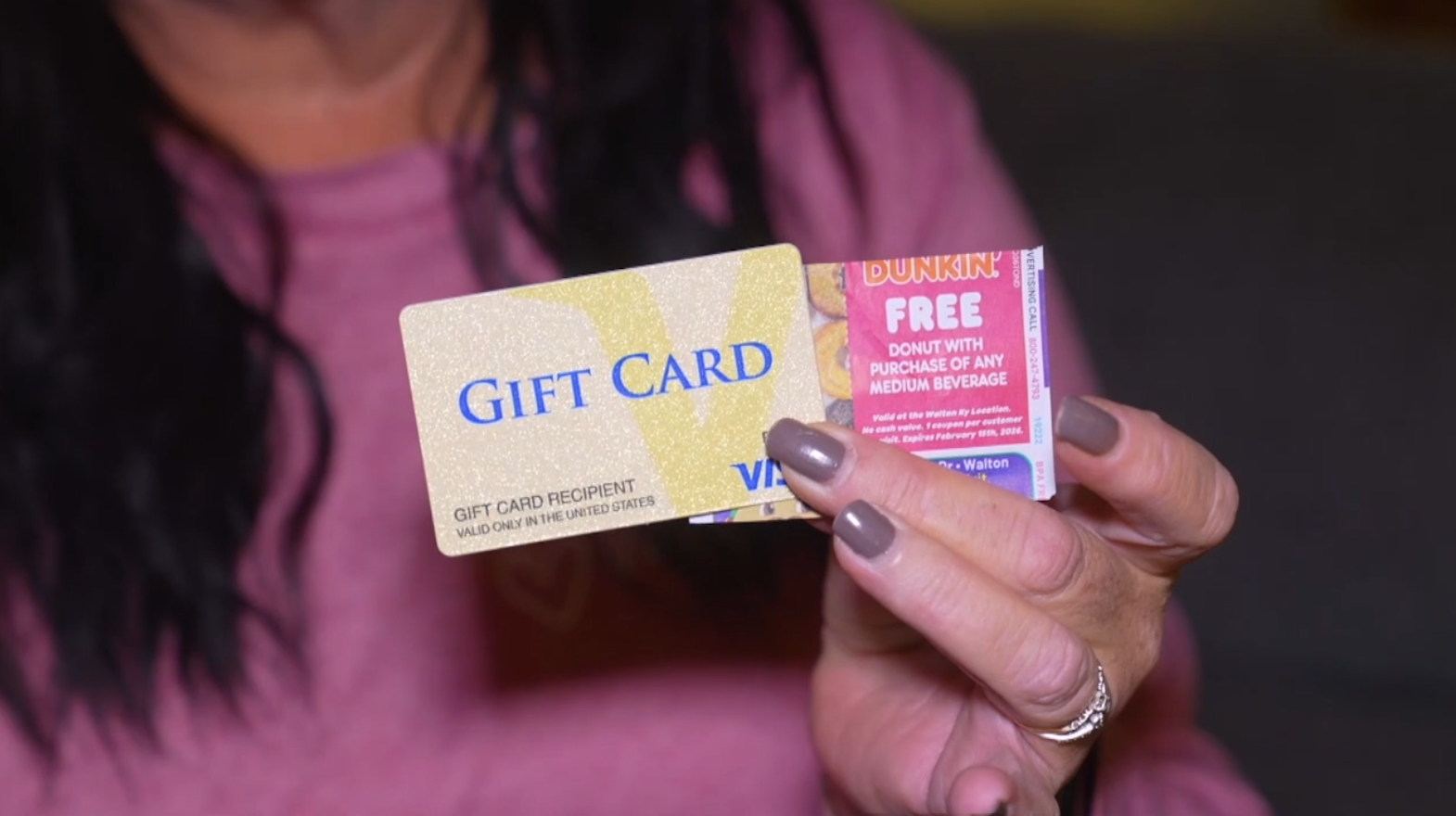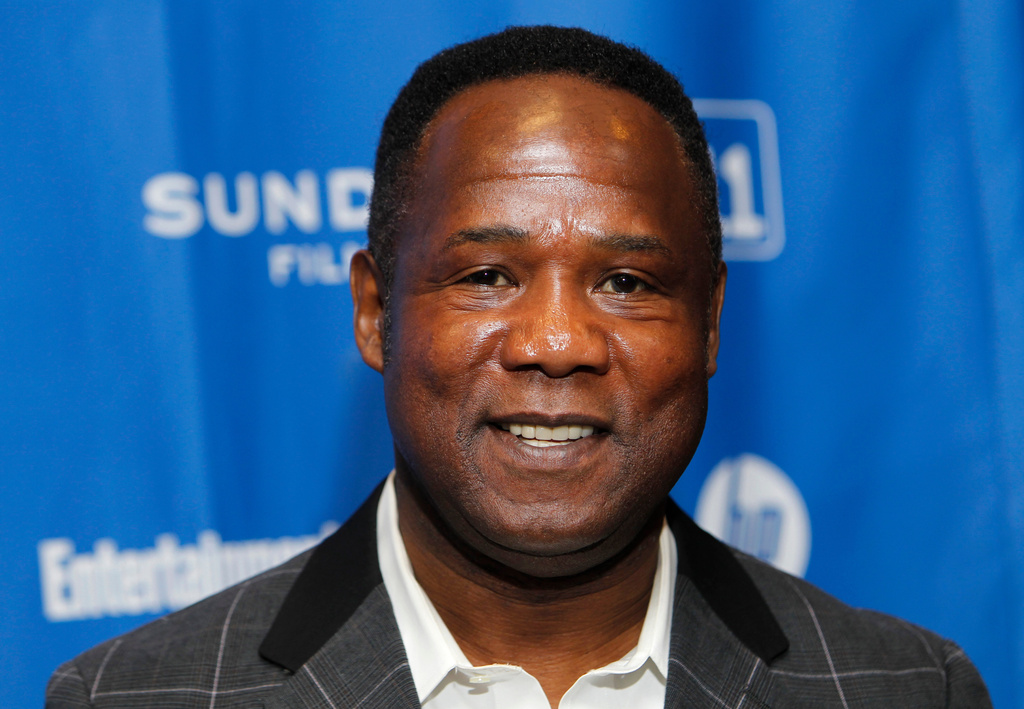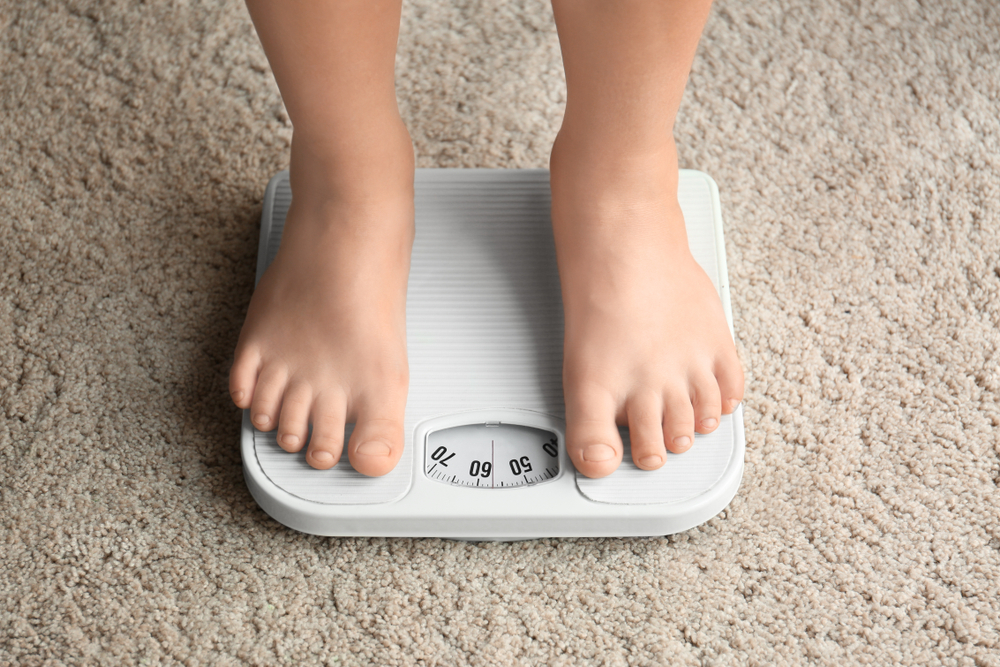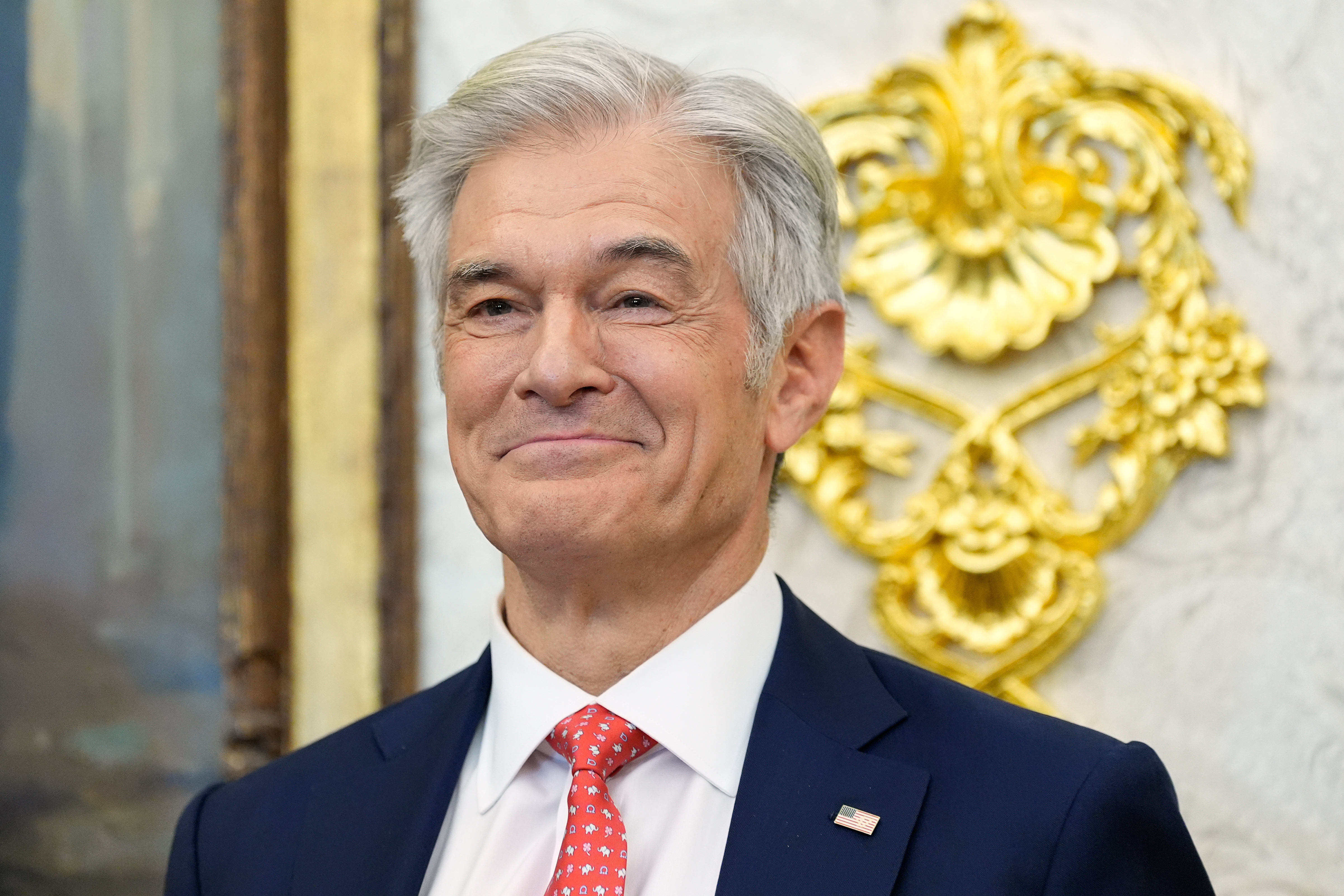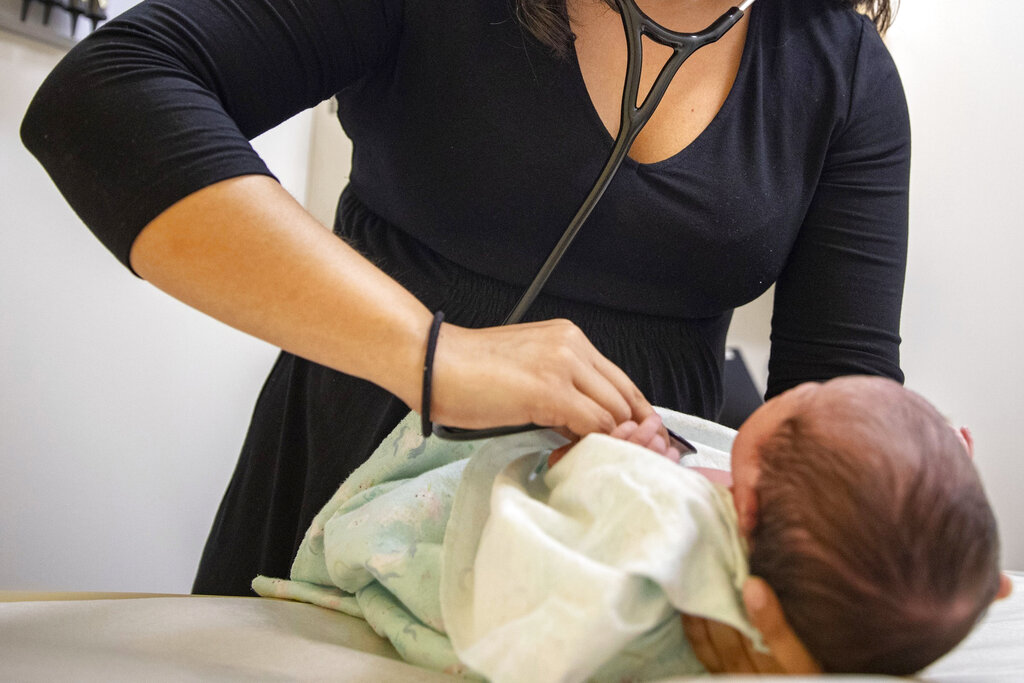As the United Kingdom begins giving shots, the FDA’s analysis of Pfizer’s COVID vaccine is out. The major finding: The agency agrees with the drugmaker that the vaccine is 95% effective in preventing COVID-19 after two doses. It also showed efficacy after just one dose, though it's unclear how long that could last.
"It gives me some recent assurance and hope that even if we struggle to get people to come back in for their second dose, they're still going to be some level of protection, I think." Jess Atwell said.
Jess Atwell is a vaccine expert at the Johns Hopkins Bloomberg School of Public Health.
"Is it enough information and data that you would feel confident yourself getting a vaccine like this?" Newsy reporter Lindsey Theis asked.
"One hundred percent. Yes, absolutely."
Pfizer’s vaccine uses a new technology called messenger RNA, or MRNA. When injected, the RNA enters healthy cells, where it makes coronavirus spike proteins and that prompts an immune response. You cannot get COVID-19 from the vaccine.
The FDA’s review found the most common side effects were injection site reactions, fatigue, headaches, muscle pain, chills, joint pain and fever. Less than 4.6% of vaccine testers had serious reactions. Side effects were more common after the second dose and in testers younger than 55.
Now, 30 scientists from the FDA’s VRBPAC -- the Vaccines and Related Biological Products Advisory Committee -- will go through the FDA’s 145-page report. Then on Thursday they’ll meet all day, hearing Pfizer, the FDA and CDC discuss emergency use authorization for the Pfizer vaccine for people 16 and older. A big discussion point: what happens for vaccine testers who got a placebo shot.
"You want them to have access to the vaccine along with everyone else in the country, right? But in terms of having the carefully collected data that we need to make those decisions, that's that's a challenge," Atwell said.
The emergency approval discussion will also likely include a plan for safety follow-ups, which will have to happen for two years for the vaccine to get full FDA approval. Meanwhile, the pressure is on in the U.S. The latest numbers from Johns Hopkins’ COVID Tracking project show more than 102,000 Americans are in the hospital with COVID-19, more than 20,000 of them in intensive care.





